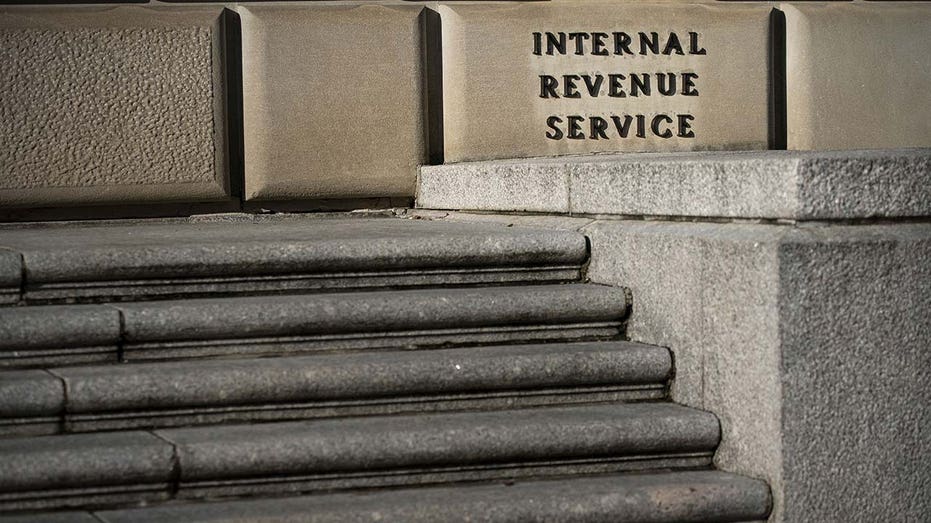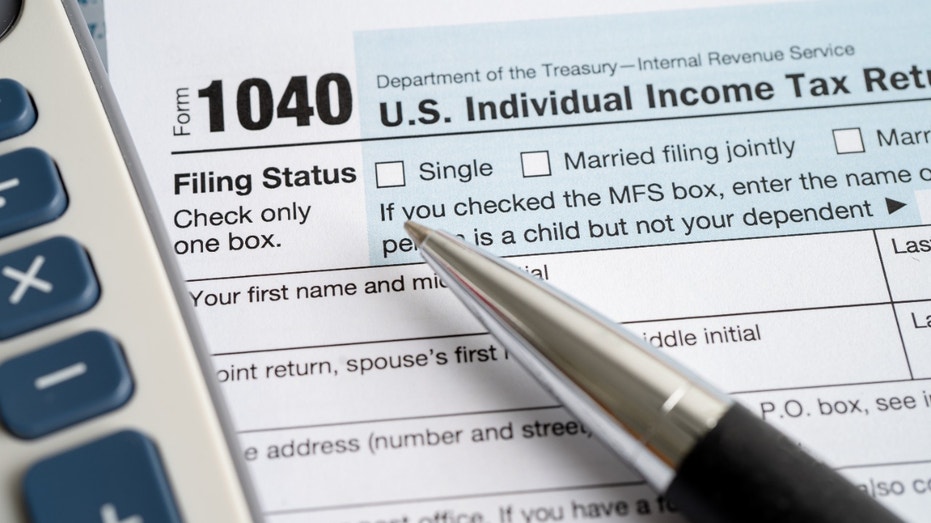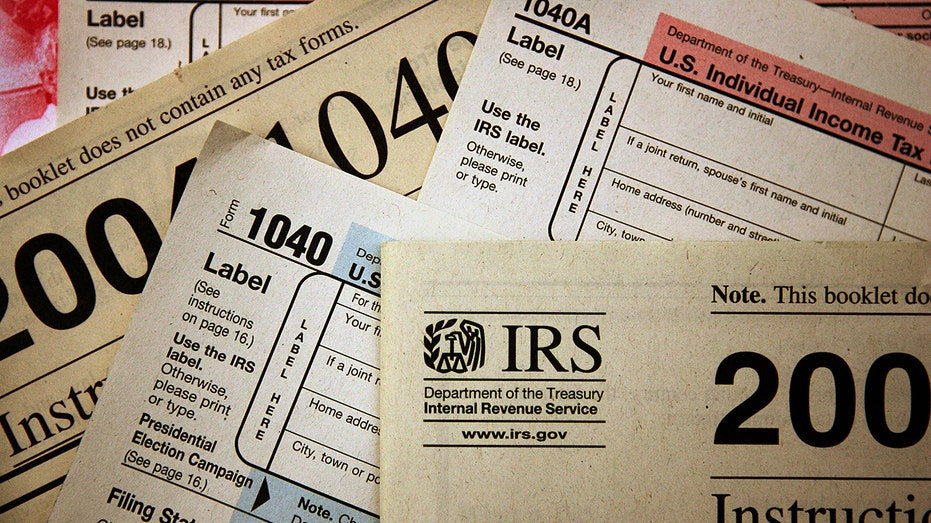If you can't file your taxes to the IRS by the 2024 deadline, you can apply for a tax extension
The deadline to file your taxes in 2024 is April 15
We have a system where the top 1% pay almost half the taxes: Steve Moore
Freedomworks Chief Economist Steve Moore discusses how the top 1% pay almost half of all federal income taxes on ‘The Bottom Line.’
The deadline to file your taxes is quickly approaching. For 2024, the deadline to file is Monday, April 15.
If you are unable to file your taxes by this date, don't panic, because you can get a tax extension. This gives you additional time to get your information filed.
Read on to learn more about tax extensions.
ALL ABOUT TAX REFUNDS: TIPS FOR RECEIVING YOUR REFUND FAST
- What are they?
- How can I apply for one?
- How do I qualify?
- Is there a penalty if you file an extension?

If you are unable to file your taxes by the deadline, you can apply for a tax extension. (Al Drago/Bloomberg via Getty Images / Getty Images)
1. What are they?
If you are unable to file your taxes before the April 15 deadline, you can apply for a tax extension. There are some misconceptions about an extension, so it is important to understand exactly what it is.
A tax extension does not mean you get an extension to pay what you owe to the IRS. Anything that you owe in taxes is still due at the deadline, although there are payment plans available. You must apply for a tax extension by the April 15 deadline.
A tax extension gives you more time to complete your return without getting the penalty, which is 5% of your unpaid taxes per month that a return is late, up to 25%, according to IRS.
Common reasons why someone may need a tax extension, include needing more time to gather 2023 information or extenuating circumstances, like a death in the family, Jason Schwitzer, a CPA and managing partner at Nathen T. Schwitzer & Associates, told FOX Business.

Filing for an extension doesn't mean you get more time to pay your taxes, just more time to file. (iStock / iStock)
2. How can I apply for one?
Filing for a tax extension is a fairly simple process that can be done electronically.
"Most individual taxpayers would file Form 4868, ‘Application for Automatic Extension of Time to File U.S. Individual Income Tax Return,'" Schwitzer said. "Most states accept the federal extension, but some, for example, New York, require a separate state extension."
3. How do I qualify?
There are no qualifications to be granted a tax extension.
"All taxpayers would qualify as long as it’s filed/postmarked by April 15," Schwitzer explained.
GET FOX BUSINESS ON THE GO BY CLICKING HERE

You will not get your tax refund until you have filed. (Scott Olson/Getty Images / Getty Images)
4. Is there a penalty if you file an extension?
There is no penalty for filing for a tax extension, so long as the extension is submitted on time.
If you are expecting a refund, you will not receive that until your taxes are filed. The quickest way to file your taxes is electronically, according to the IRS.
